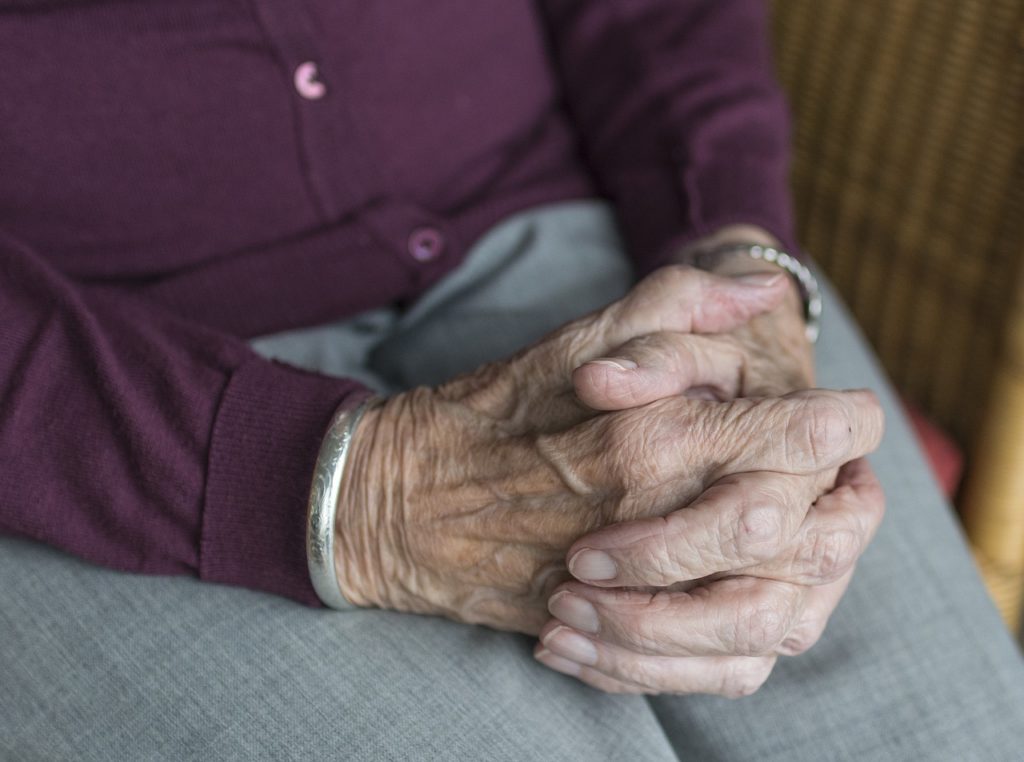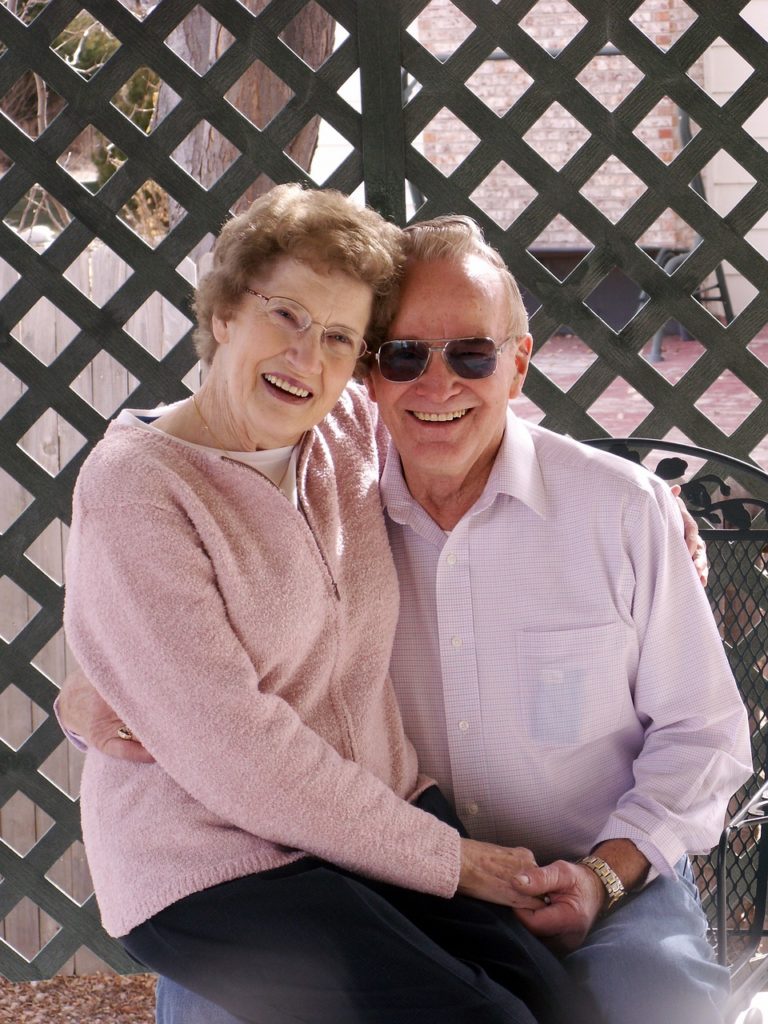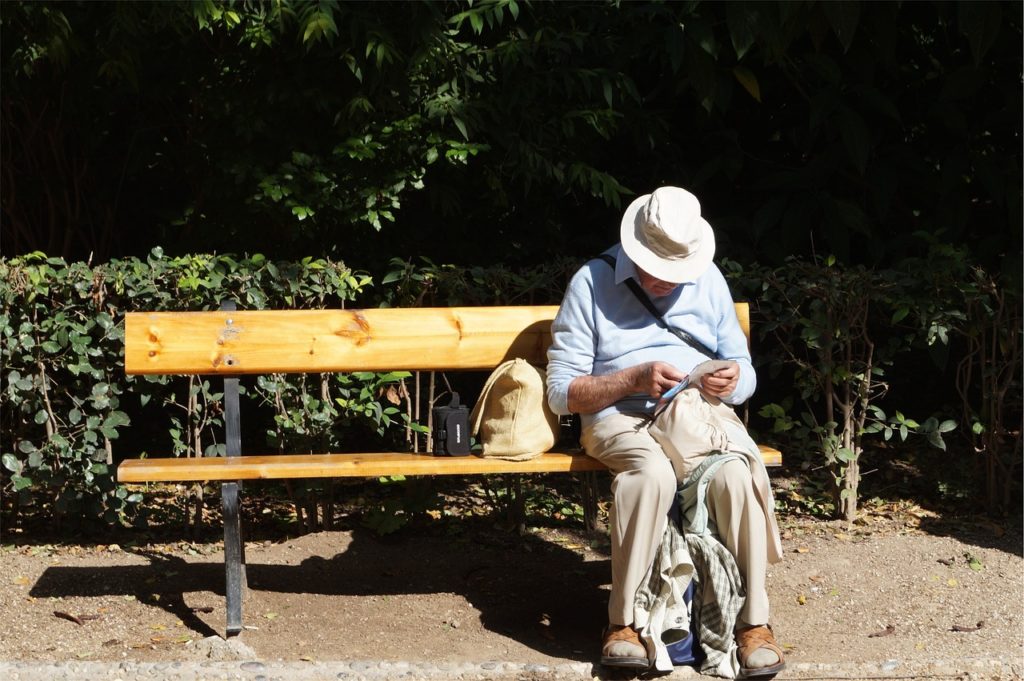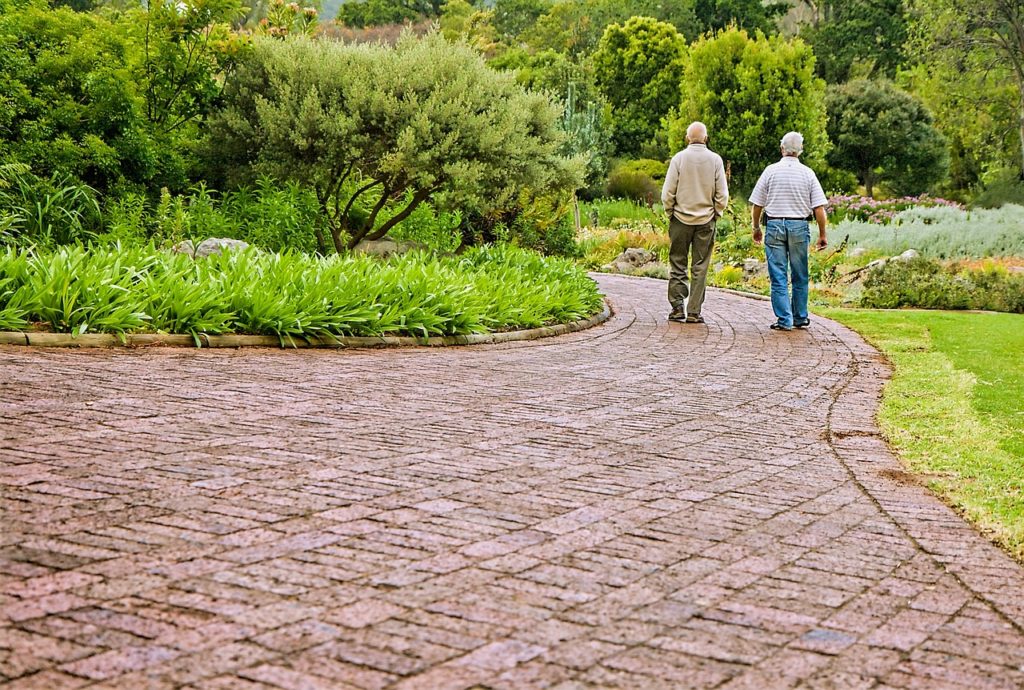Elderly Parents And The Secret To Their Happiness

We currently live in a world that has an ageing population. That means there are more and more elderly people in the world, and their generation is growing at a much faster rate than the younger generations. This might not seem like such a big deal on the surface of it, but it is actually causing some huge problems when it comes to caring for the elderly. Public services are finding it difficult to cope with the demand. As a result, more middle-aged individuals are choosing to care for their elderly parents on their own with as little help from the state as possible.
However, is this always the best option? Caring for an individual, especially an elderly one, can be a big financial and emotional drain, and some people might not be as equipped to deal with it as they might think.
Have you been weighing up all of the advantages and disadvantages of taking responsibility of the care of an elderly relative? Doing so is certainly a very admirable thing to do. You just need to make sure that your relative’s happiness and comfort are your number-one priority so that they don’t experience any discomfort in your care. Here are some ways you can do just that.

Expect Some Arguments
You need to understand that looking after an elderly relative won’t always be plain sailing. This is just something that you are going to have to accept, I’m afraid – there might be a few arguments along the way, but these are to be expected as the two of you start to adjust to your new roles in life. These arguments might be particularly bad if you are experiencing a complete role reversal. This is often the case when children have to start caring for their elderly parents. The parents might not be completely happy about giving up all of their authority and responsibility of you. Now you are the responsible one! Give them time, though, and they should come around to your new roles.

Apply For Any Applicable Benefits
It’s important to find out if there are any benefits that you might be able to apply for in your elderly relative’s name. These will be able to alleviate the financial burden that comes with caring for someone. Not only that, though, but some of these benefits will go towards adapting your home so that your elderly relative can be more comfortable in it. For instance, you might need to make some adaptations to the bathroom so that it is easier for an elderly relative with mobility problems to use it. It could also be worth using some of the benefits to put towards handrails or a stairlift up the stairs if your relative has difficulty getting up them without any help.

Apply For Carer’s Benefits
There won’t just be money that you can apply for in your relative’s name. If you need to give up your job to take care of your relative, you should be able to apply for carer’s benefits. These won’t be quite as much as a regular full-time income, but the extra money you receive should make your new situation a little easier to manage financially. If you aren’t exactly sure what kind of benefits you can apply for or how much you are eligible to claim, you can always speak to somebody at your local council. They will be able to give you plenty of literature on the subject so that you can read up about it. Plus, they will be able to advise you on your application so that you stand a better chance of getting as much money in benefits as possible.

Should They Move In With You?
One thought that crosses most people’s minds is whether or not it would make sense for their elderly relative to move in with them. Of course, there are a few things that you will need to weigh up when you make this decision. If you are currently living in a small apartment or home, you might need to take out a home loan so that you can move into a larger property that is big enough for your elderly relative to join your family. If you currently live in a home with one or two spare bedrooms, then there might not be any need to move to a larger place. You might find living with your parents quite difficult to get used to at first, but over time you should adjust. And at least you will be able to keep an eye on them at all times so you can have peace of mind knowing that they are safe with you!

Think About In-Home Help
Caring for your elderly relative on a full-time basis can be very stressful and hard to cope with, especially if you have never done anything like this before. But don’t worry, you won’t be left on your own to cope! You will be able to get some in-home help. This is often in the form of nurses who will come into your home as often as you like to assist you with caring for your elderly relative. Depending on the overall health of your relative, you might be able to get some in-home care included in their treatment so that you don’t have to pay anything extra towards this. But, most of the time, in-home care is an extra cost, so you will have to fund this out of your own pocket. Even so, though, financing this kind of care is definitely worth it – it will ease a lot of the stress you are going for and also ensures that your elderly relative receives professional care and attention on most days.

Consider Retirement Homes
If your elderly relative is particularly frail and in ill-health, then caring for them at home on your own might not be an option. If all of the work gets too much for you or your relative needs quite specialized care, you should think about moving them into a retirement home or a specialist care home. This might be a very difficult decision to make, and your relative might not be too keen on moving into a home with around the clock care. But it will certainly be in their best interest. After all, they will have experts with them at all times so all of the necessary medication can be professionally administered in the event of a medical emergency. But that’s not the only advantage of moving your elderly relative into a care home – you will also benefit from not being a carer anymore. Sure, you will have to stop receiving any financial benefits as you will no longer be their full-time carer, but it does mean that you will finally be able to take a break! You won’t have to care for your relative each and every day so you could return to your old job if you want!
Know When To Take A Break
If you don’t move your elderly relative into a care home, you need to be careful that you don’t stress yourself out with all of the care and attention that you need to give them. Being a full-time carer is, after all, just like having a full-time job, even though you won’t be getting quite as much money for it. But it comes with heaps of stress and responsibility! So, it’s always important to give yourself a break every now and then. Why not see if another relative can take over for one day?
Follow these tips to improve your elderly relative’s happiness!
